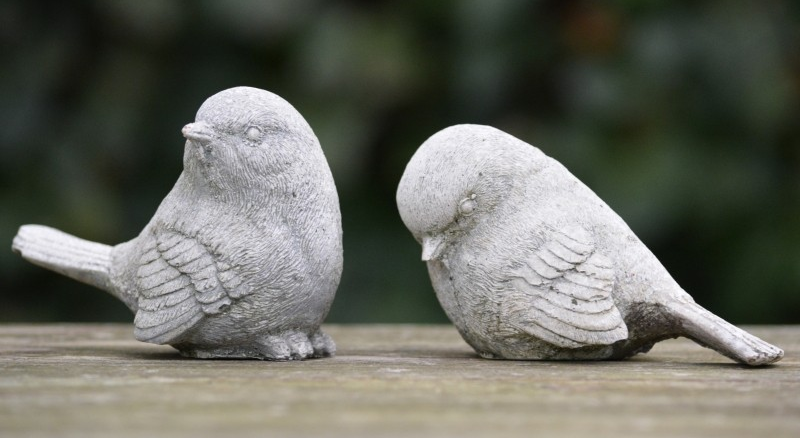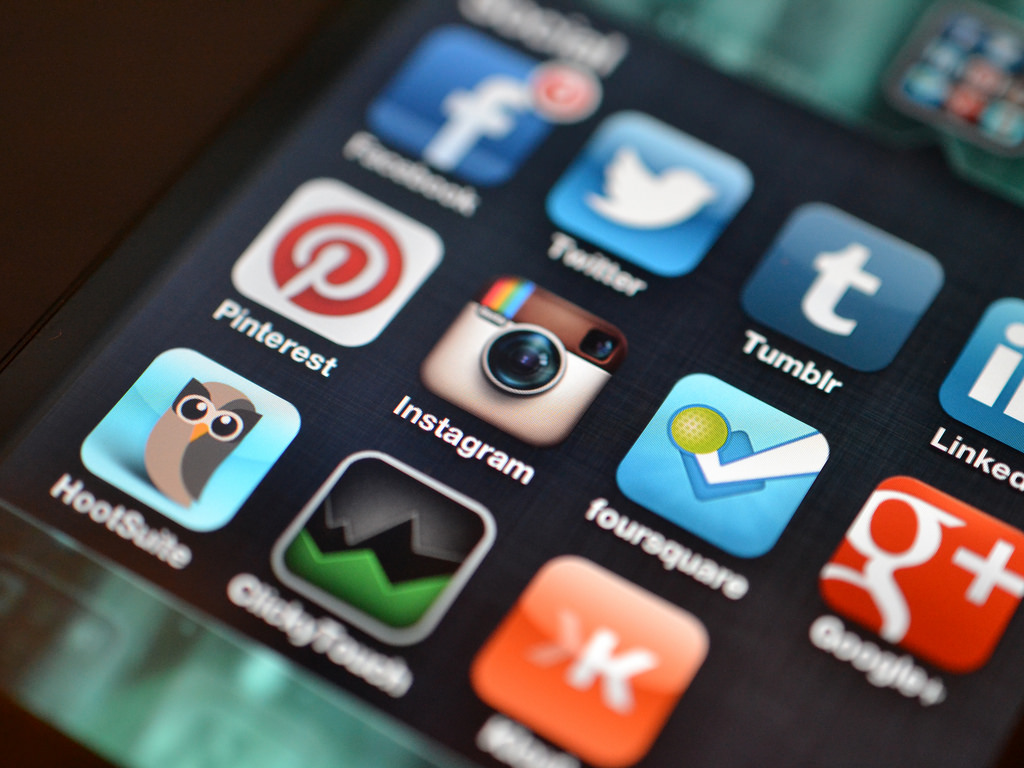
September 19, 2017, by Carla
Job Applications: Building a Thick Skin in the Face of Rejection
By Indiana West, Digital Content Producer and English and Professional Writing Graduate
Rejection isn’t fun. It wasn’t fun when you were picked last for P.E. or when you didn’t receive a single card on Valentine’s Day, and it certainly isn’t fun now you’re entering the job market.
The sad reality is that rejection is felt the world over. At work, at school, at home – and now even online. With over 1 billion daily swipes on dating app, Tinder, a meagre 12 million of those billion swipes result in matches. That means a whopping 98.8% of users will experience a morsel of rejection every single day. Ouch.

… And ouch indeed. Studies in fact show that the exact same areas of the brain that are activated when processing rejection, are also the centre for processing actual, physical pain. That is to say that, neurologically speaking, our brains cannot decipher the difference between being hurt physically and being hurt emotionally.
That hurt is never more evident than when receiving the heart-sinking ‘thank you, but no thank you’ email after applying for a job, even considering that on average, only 2% of job applicants make it through to the interview stages. The law of averages indicate it is in our interest to work on how we cope with life’s inevitable knockbacks.
First things first: why do we feel rejected?
The Science
The ability to integrate back in the times of the hunter/gatherer was a basic skill for survival. Being cohesive with your tribe was as important as finding food or shelter, because being ostracised and cast away from your pack meant you were far less likely to survive. It is presumed by evolutionary psychologists that our brains developed this ‘rejection’ instinct as a signal we were falling out of step with our tribes, and were at risk of exclusion. Humans still harbour this inherent need to feel accepted, which is why getting turned away from a nightclub still feels like the ultimate insult.
So how do we combat something that is psychologically hardwired?
Interestingly, learning that our rejection instinct is cognitive means we can treat it with reason. Ask yourself “why did I take this job rejection so badly?” and you will find it is usually one of three reasons:
1. “Because I really wanted this job”
What to do: Rationalise
Try thinking: “If this employer – having an awareness of the work environment – feels I wasn’t best suited to this role, then it probably wouldn’t have been a very comfortable fit.“ Chances are your skillset was just different to the one they were on the hunt for, in which case you’d flourish much more elsewhere anyway. Now you can go out and find that.
It’s like buying a top in the wrong size because it looked great on the mannequin in the window. You applied for a role based on what it looked like on paper, but in actuality, the employer knows far more about what this particular job will require. They could actually be saving you a great deal of time, stress and anxiety by not squeezing a square peg through a round hole.
2. “Because I really needed this job”
What to do: Ask for feedback
If this is the case, then it’s likely you’ve come up against a few consecutive ‘nos’, and are beginning to get either frustrated or panicked. In this case, doing something proactive – rather than trying to make sense of it in some grander, philosophical sense – can make all the difference to your outlook.
It is completely within your rights to ask the employer, respectfully, for feedback following an interview. Knowing which behaviours played in your favour, and which did not may also help you prepare for future interviews and approach them with more confidence.
In addition to that, it might be worth taking a look at what information you’re putting out into the digi-sphere. Research from OnDevice revealed that 1 in 10 young job hunters were actually turned down solely due to their social media channels.

3. “Because it feels like I’m not good enough”
What to do: Look at it objectively
Some of the most successful people on the planet were rejected from positions and roles which eventually became their route straight to worldwide acclaim. If it wasn’t for their total refusal to be deflated by criticism, the world would be without aeroplanes, Harry Potter, Disney, Whatsapp, Starbucks, The Beatles, Microsoft, Spielberg movies and Stephen King novels. Rejection does not equate to failure – it doesn’t even mean you aren’t good at the very thing you’re trying out for.
All that stands between you and where you want to be is how many times you can bounce back from a knock, and the ironic thing is: the more you get rejection, the more equipped you are to deal with it. It is the exact same exposure concept used to treat anxiety disorders such as OCD, PTSD and irrational phobia.
The thing to remember is: you are more likely to get what you want out of life if you stick at it long enough.
If you’re facing a string of job rejections, we can help. Your careers team is here for you while you study – and for life after you graduate. Whether you want to talk about interviews or applications, you can book an appointment with an expert through your My Career account.
We also run a series of workshops during term helping on acing the application process. See what’s coming up here.

Hi, Very nice post. Really informative posts. Keep posting this kind of useful post. Thank you..